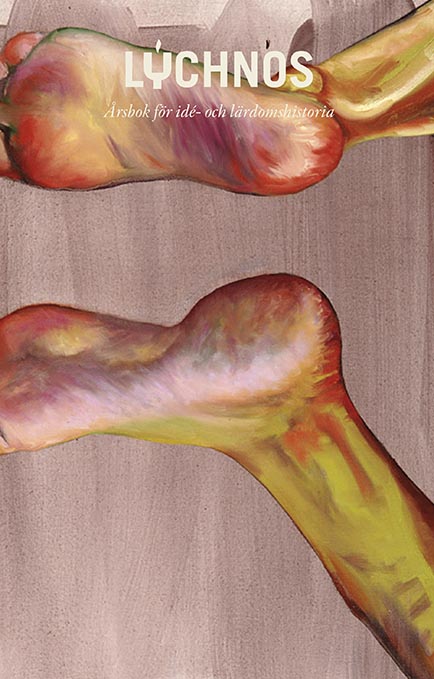Möjlighetsstrukturer och excellens
Rockefeller Foundations stöd till internationalisering av svensk samhällsvetenskaplig forskning under 1920–1950-talen
Nyckelord:
Social sciences, Rockefeller Foundation, internationalization, academic excellence, transnationalism, genderAbstract
American private foundations played a special role in the internationalization of European social science research during the inter-war years. Especially the Rockefeller Foundation (RF) brought forward its reform-oriented vision of the social sciences by awarding large grants to centers of excellence in Europe, among them Socialforskningsinstitutet in Stockholm. This article studies a specific, in-academic aspect of this form of internationalization, namely the foundation’s evaluative culture and how the funding helped to create opportunities for academic advancement. Excellence and impersonality were the key features in the foundation’s cultural script in the selection of fellows. The assessment criteria were pragmatic: researchers would have a good position to return to after the scholarship stays, be able to present recommendations from leading senior researchers and commit to returning to their home departments. The evaluation process had some resemblance of peer review, although evaluations were made internally, without collegial assessment by external experts. By long-standing and close contacts with trusted scholars, the aim was to create a basis for informed assessments of the quality of the various research environments and the researchers involved in them. The funding helped to open and widen the contact surfaces with international research and to the creation of transnational research communities where stays abroad, international contacts and networks served as an academic qual- ification. The funding thus contributed to the homogenization of social science research. The foundation’s outwardly friendly but practically dismissive attitude to women as scholars, based on a traditional view of the relationship between women and men, strengthened the already skewed gender structures in academia.
Downloads
Publicerad
Nummer
Sektion
Licens
This work is licensed under a Creative Commons Attribution 4.0 International License. The copyright for the work published in Lychnos remains with the authors.


